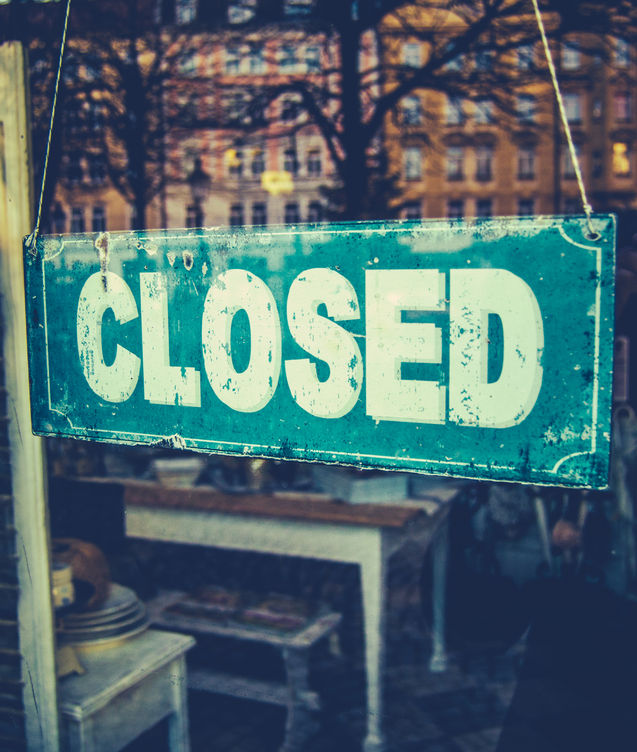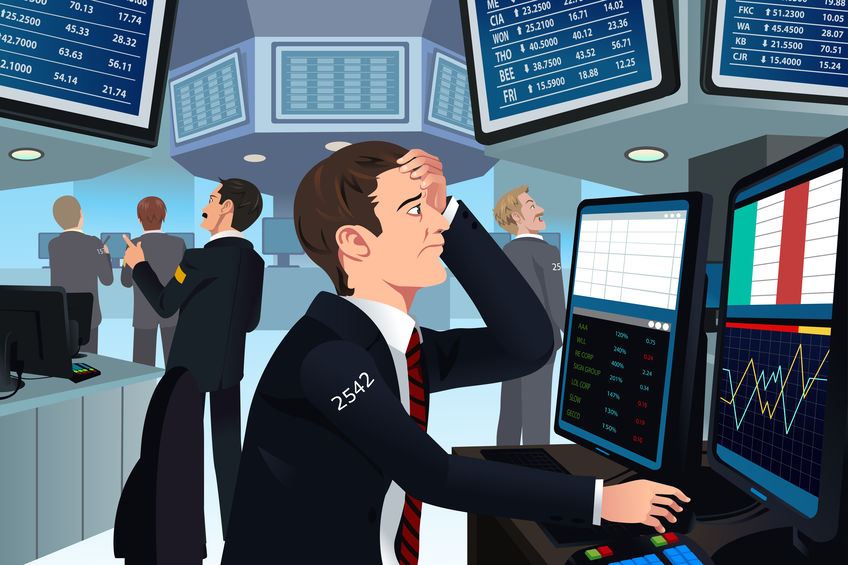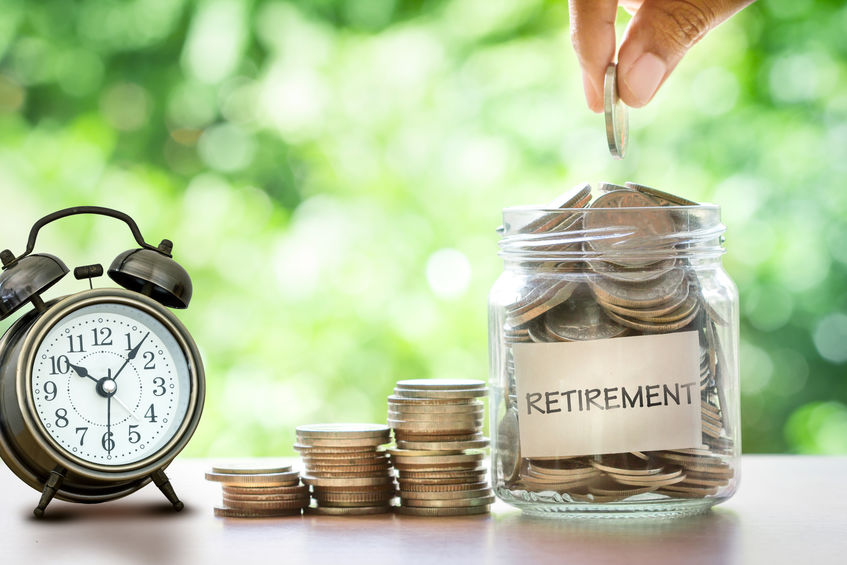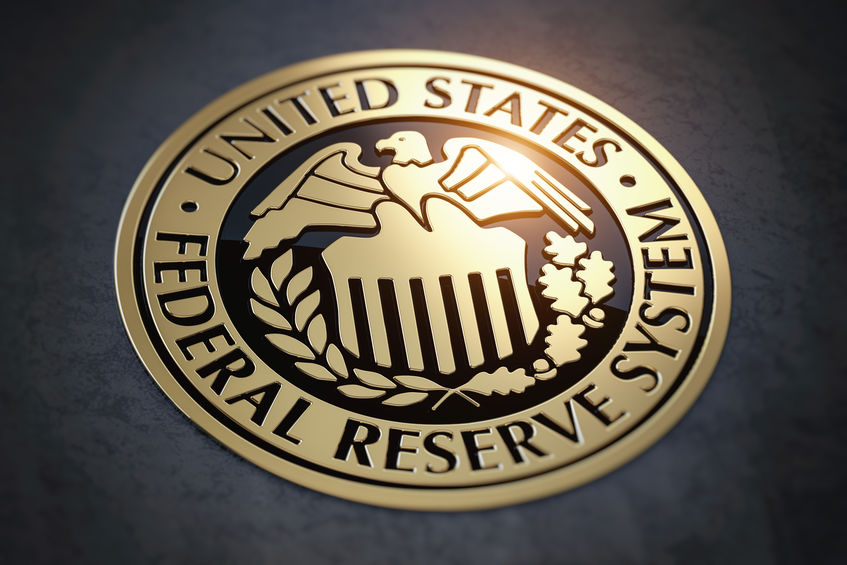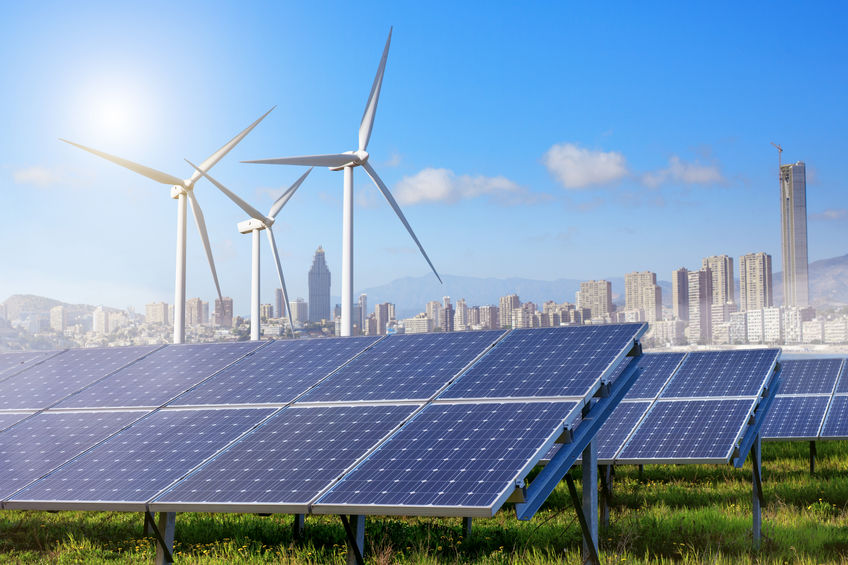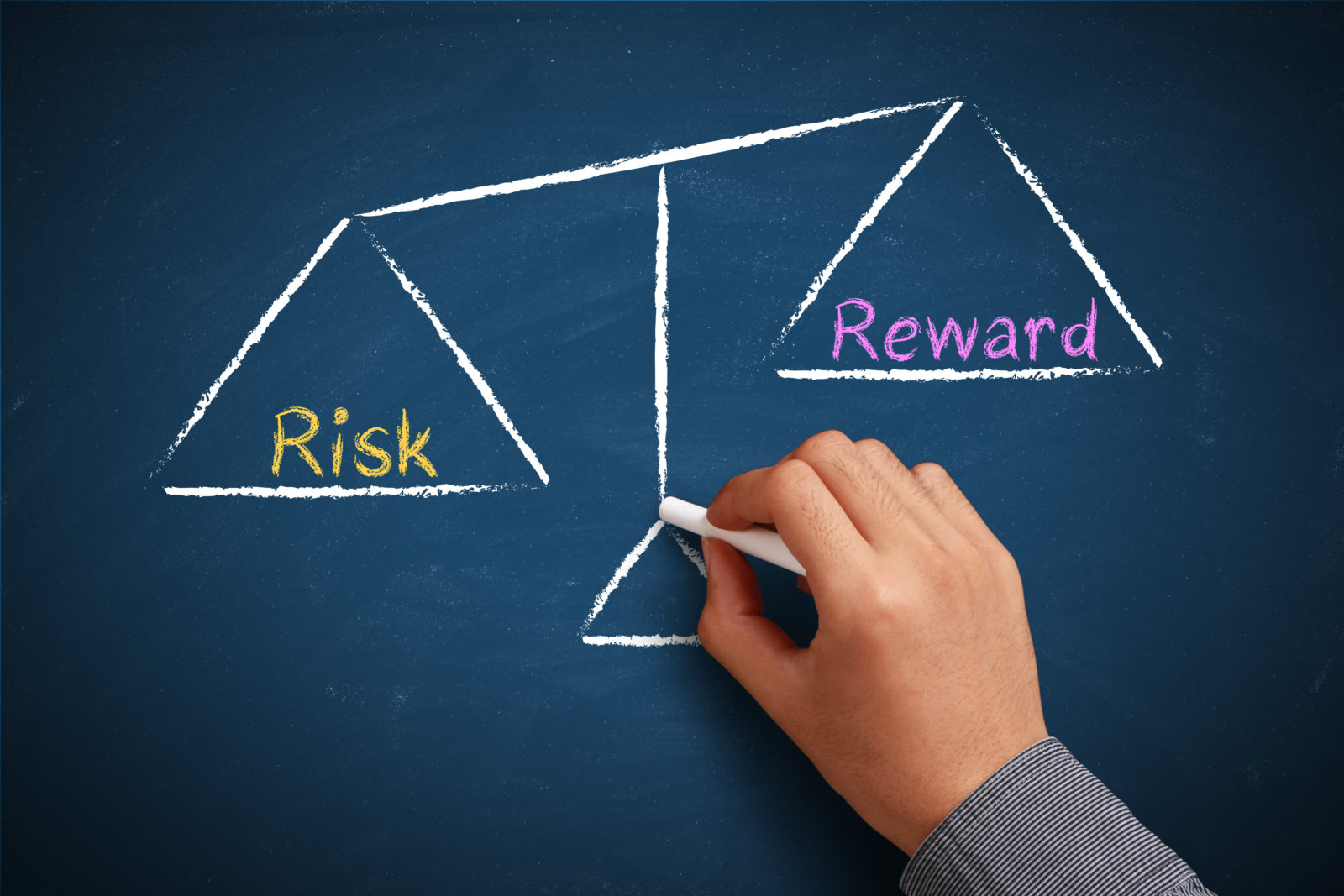Losing a job causes financial hardship and stress. It’s scary. And when the country is going through tough economic times, there is a lot of uncertainty surrounding job opportunities. If you lose your job, here are six steps you can take to get through it smoothly.
A correction is when the stock market has declined 10% or more from its recent high. It is measured by the major stock indexes such as the Dow Jones Industrial Average (DJIA), S&P 500, and the NASDAQ Composite. For the investor who has never experienced one, a decline like this is nerve-racking. For those of us who have been through a correction before, it’s still nerve-racking. But don’t panic.
News headlines are full of tragic events, warnings of future catastrophe, and political drama. Turmoil in the Middle East, trade wars, terrorism, catastrophic weather, fraud, and more fill stories. It’s endless. You’ll also find ample opinions and predictions about how the stock market will react to these events and what you should do with your investments. Should you make changes to your investments based on what you hear in the news?
How much thought and planning have you put towards retirement? How much are you saving for it? Saving for retirement may not seem like a priority when you have more urgent needs—especially if it seems like every dollar of your paycheck is spent before you even receive it. When facing your current financial expenses saving for retirement years or even decades away may not seem like a priority. But if you don’t have the money now while you’re working, what are you going to do when you are older and are no longer able to work? After all, when you’re in retirement, you’ll still have financial obligations. You need to start planning and saving for retirement now! And here are three reasons why.
The Federal Reserve System—more commonly referred to as the Federal Reserve or simply the Fed—steps into the spotlight eight times a year when to announce its decision on interest rates. Is the Fed going to raise rates, lower them, or keep them the same? Financial professionals, investors, the news media, and politicians await the Fed decision with anticipation because they understand the impact and power the Fed’s decision has over the U.S. economy. Some say the
Federal Reserve is the most powerful financial institution in the world. But what exactly is the Federal Reserve? How much power and influence does it have over the U.S. economy? How do their decisions affect you?
The rapidly increasing cost of higher education and the amount of student loan debt graduates are taking on to pay for it are both astounding. And if you’re a parent who wants to help your child get a good start in life, they can be very concerning. In the broadest sense, we all know what we need to do to prepare: start saving. But what is the best way to save for your child’s education? And how should that savings be invested?
If you’re like many Americans, you’re depending on Social Security to be a major source of income for your retirement.…
Everyone has his or her own values and vision of how the world could be a better place. For some,…
Albert Einstein is credited with saying the following about compound interest: “Compound interest is the 8th wonder of the world.…
Whether you’re saving for a new home or car, putting away money in your 401(k), or saving for your kids’…

